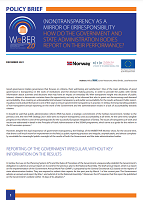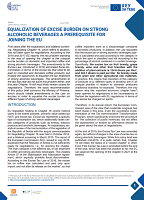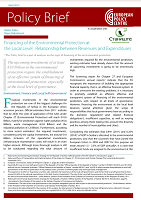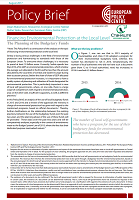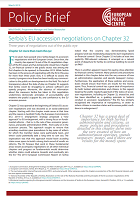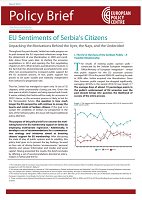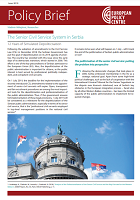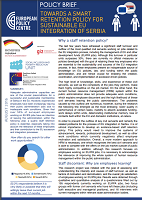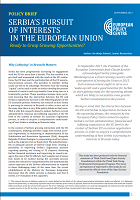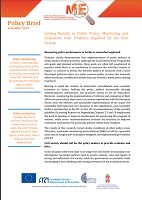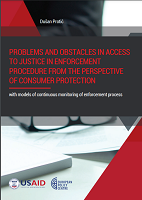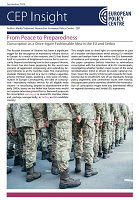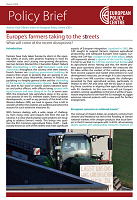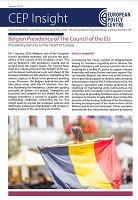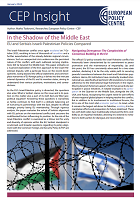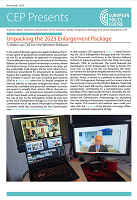
Circular and return migration: What can Serbia learn from EU countries’ experiences?
Circular and return migration: What can Serbia learn from EU countries’ experiences?
Keywords: Circular migration; Return migration; Serbia; EU countries; Best practices; Migration policy; Workforce mobility; Knowledge transfer; Economic development; Migration management;
In the last decades, Serbia has been facing serious demographical challenges. The low rates of natural increase in population combined with the negative net migrations caused depopulation at the state level. This trend is the strongest in rural areas and less developed regions. Circular migration (repeated legal migration of the same person between two or more countries), whose importance has been increasing both globally and in Serbia in the past decade, could lead the way out of this problem. Although today, it is much easier to emigrate from Serbia than it used to be in the past – primarily due to the termination of sanctions and the democratisation process, and later, visa liberalisation and bilateral agreements with some European Union (EU) countries on the facilitated movement of labour, Serbia hopes for further procedure simplification, especially in the context of EU integration. As an EU candidate, Serbia should be ready for all the upcoming changes.
More...
